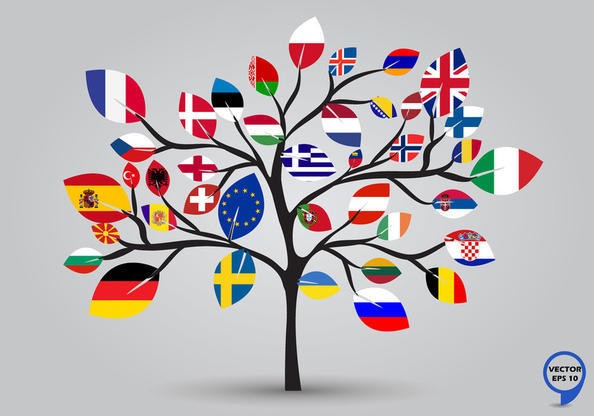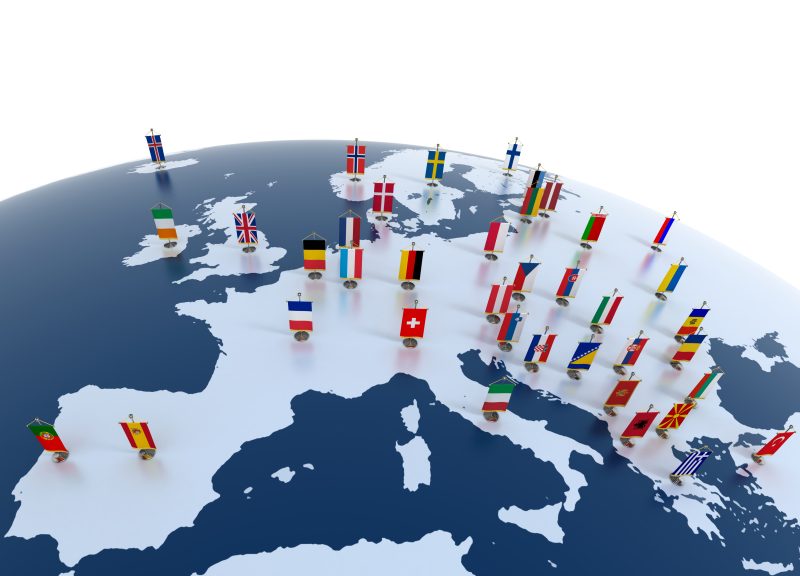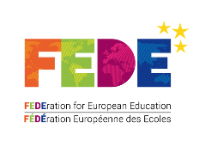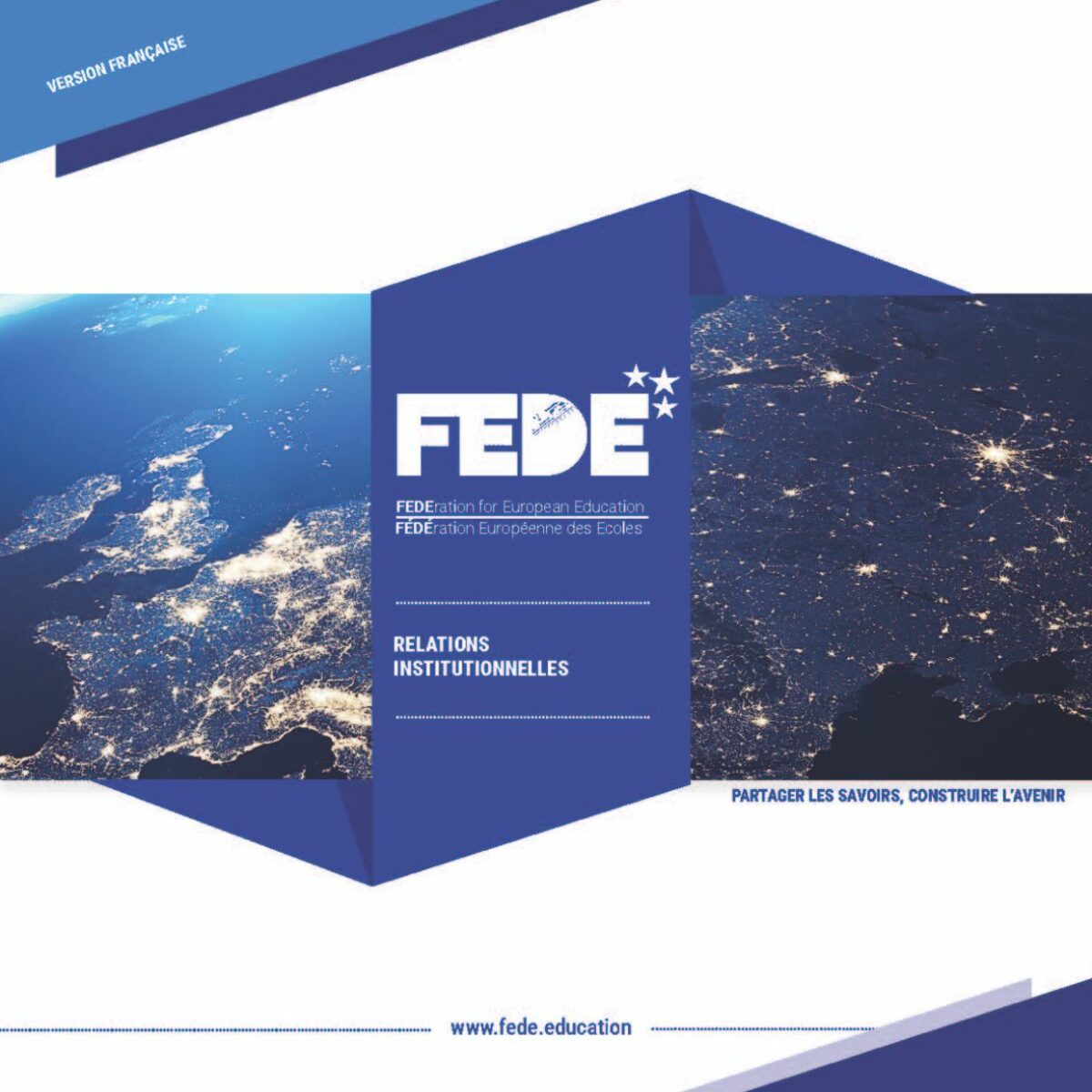EUROPEAN CULTURE AND CITIZENSHIP
The FEDE promotes a European spirit and European values. It strives to advance human dignity, tolerance, openness to others, peace, human rights, solidarity, democracy and the rule of law. The FEDE drives forward a progressive vision for education in Europe.
The FEDE actively participates in building a vast, common European higher educational space. It contributes to educational development in Europe and promotes the transparency of course contents and the international recognition of educational qualifications so as to:
- Encourage mobility and exchanges;
- Facilitate intercultural contact and dialogue;
- Foster authentic European citizenship.

The FEDE is officially registered in the European Union’s Transparency Register
(identification number: 313869925841-90)
The FEDEration for European Education/Fédération Européenne des Ecoles (FEDE) is an international non-governmental organisation (INGO) with participatory status at the Council of Europe – an organisation with 47 Member States representing over 800 million citizens. In particular, the FEDE is a member of the Conference of INGOs, which represents and reflects civil society at the Council of Europe.
As the leading organisation for the protection of human rights in Europe, the Council of Europe guarantees the rule of law, political stability and the promotion of European cultural identity in all its diversity.
As an INGO, the FEDE plays an active role at the Council of Europe. The ‘participatory status’ accorded to INGOs by the Council of Europe is rare and special: of all today’s international organisations, only the Council of Europe officially recognises leading INGOs in this way, allowing them to have a concrete influence on the content of official Council of Europe documents. Participatory status is therefore very different from ‘consultative’ or ‘observer’ status.
“We place the basic values of the Council of Europe at the heart of our Federation’s work. All of our research, our teaching material, our varied activities and our educational programmes centre around citizenship, democracy and human rights. Understanding the role of the Council of Europe enables us to build ambitious plans for future democracies and to communicate inspiring values so as to nurture a new generation of European citizens – and, more broadly, citizens of the world – who are attuned to international issues and can act as world ambassadors for progressive ideals.”
Claude Vivier Le Got, Chairwoman of the FEDE and past Chairwoman of the Education and Culture Committee of the Conference of INGOs of the Council of Europe

All of the FEDE’s European degrees are structured around a shared core unit: European Culture and Citizenship.
Regardless of their level of study and their chosen subject area, all FEDE students are expected to acquire knowledge of the history and origins of European construction, EU rules and regulations, the role and workings of the EU institutions, the role of Europe in the world and the challenges faced by contemporary Europe.
Europe is also a key area of research interest for the international experts at the FEDE Research Institute, who frequently publish on European issues. Indeed, two of the Institute’s publications focus exclusively on Europe:
Finally, the FEDE’s educational teams have put together four reference guides on Europe, the European Project, European history, European values and contemporary European issues. These resources are made available to all FEDE students.
GRECO
The Group of States against Corruption (GRECO) is an entity founded by the Council of Europe in May 1999.
It has 50 Member States, including 48 European countries, Kazakhstan and the United States. GRECO aims to improve the capacity of its Member States to combat all forms of corruption.
The FEDE’s status: Since 2018-2019, the FEDE and GRECO are thematic partners.
Action: In 2018-2019, the FEDE, in collaboration with GRECO, produced an educational programme dedicated to the fight against corruption and anti-corruption legislation.
In September 2019, this awareness-raising course on corruption was included as an additional chapter in Unit A2 of the FEDE’s “European Culture and Citizenship” (ECC) module. Teaching resources were created to cover this new content (two thematic revision sheets and a corruption-focused chapter in the ECC e-book).
From September 2019 to October 2021, almost 10,000 young learners across the FEDE’s network have had access to this innovative programme, which exemplifies successful cooperation between an NGO representing civil society and a Council of Europe entity.


